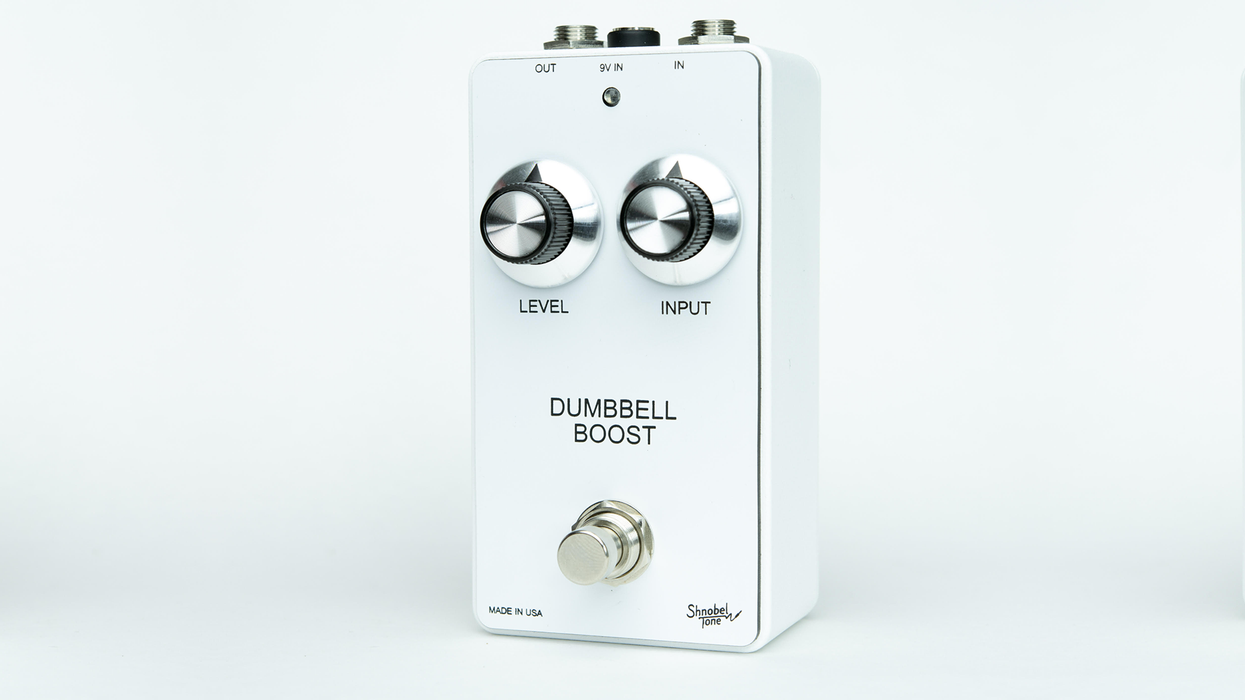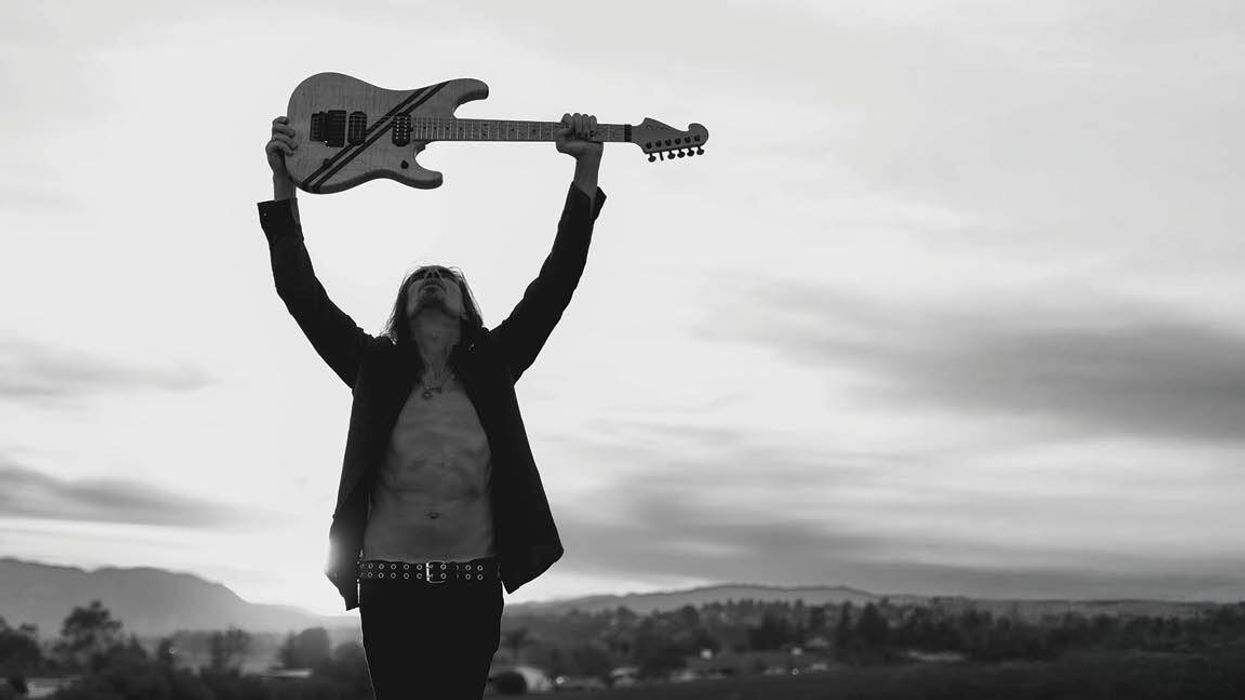On Thursday the 29th of January songwriter, singer and guitarist John Martyn passed away, leaving behind a legacy spanning five decades.
From his 1968 debut album London Conversation to the 2004 release On the Cobbles, Martyn consistently personified that most unique of all qualities: the desire to constantly move forward—perpetual reinvention fueled by an unwillingness to rest on his laurels. Whilst many (including myself) may argue that his greatest offerings are to be found in the albums he recorded during the 1970s, it's vitally important to realize that the man's ability to create such varied masterpieces as Solid Air, Inside Out and One World stemmed from this desire for change. By the time Eric Clapton was busy covering John's heartfelt acoustic tune "May You Never" (from 1973's Solid Air), Martyn was already deep into his exploration of looping and layering. Working with Lee "Scratch" Perry on Martyn's album One World, quietly earned him the title "The Godfather of Dub" long before the notion had crossed the minds of an infant generation destined to record the "groundbreaking" albums of that genre.
Martyn recorded and toured constantly, his apparent lack of mainstream success as much a product of his own self destructive tendencies as anything else. When someone who has recorded such moving and emotional music passes on, the temptation to hold them up as the "tortured artist" is seductive, to say the least. So many greats, after leaving their mortal coil, retain a bounty of fans who focus on the moribund, forgetting the real essence of the individual. Like Jeff Buckley, who had a lot less time on the big rock, Martyn was an enormously funny man—in possession of a self-effacing humor that provided sweet release to the stripped-to-the-bones emotion conveyed through his songs. A dear friend of mine recounted to me the experience of seeing him perform at a show in the early eighties in England. After performing the achingly beautiful tune "Small Hours," he turned to the audience and said, "Give me an S...Now give me an N...Now give me an O...Now give me another O...Now what does that spell?" "SNOOOOOOOOOOOOO!!!"
When an artist like John Martyn dies, it's hard not to reflect on that most surreal of relationships—that between the artist and listener. Though I never met Martyn, I feel like I've lost a dear friend who gave me so much—helped me (and many others) through the darker times, and yet I was never expected or able to repay the favor.
To those of you unfamiliar with his work I implore you, as a starting point, to turn to YouTube and drink deep. To the songwriters and musicians reading this I double my plea. The body of work that John leaves this earth is something that will continue to provide joy and solace to generations. You owe it to yourself to take in his music. Good bye John, you mad, mad bastard. Be at peace.
From his 1968 debut album London Conversation to the 2004 release On the Cobbles, Martyn consistently personified that most unique of all qualities: the desire to constantly move forward—perpetual reinvention fueled by an unwillingness to rest on his laurels. Whilst many (including myself) may argue that his greatest offerings are to be found in the albums he recorded during the 1970s, it's vitally important to realize that the man's ability to create such varied masterpieces as Solid Air, Inside Out and One World stemmed from this desire for change. By the time Eric Clapton was busy covering John's heartfelt acoustic tune "May You Never" (from 1973's Solid Air), Martyn was already deep into his exploration of looping and layering. Working with Lee "Scratch" Perry on Martyn's album One World, quietly earned him the title "The Godfather of Dub" long before the notion had crossed the minds of an infant generation destined to record the "groundbreaking" albums of that genre.
Martyn recorded and toured constantly, his apparent lack of mainstream success as much a product of his own self destructive tendencies as anything else. When someone who has recorded such moving and emotional music passes on, the temptation to hold them up as the "tortured artist" is seductive, to say the least. So many greats, after leaving their mortal coil, retain a bounty of fans who focus on the moribund, forgetting the real essence of the individual. Like Jeff Buckley, who had a lot less time on the big rock, Martyn was an enormously funny man—in possession of a self-effacing humor that provided sweet release to the stripped-to-the-bones emotion conveyed through his songs. A dear friend of mine recounted to me the experience of seeing him perform at a show in the early eighties in England. After performing the achingly beautiful tune "Small Hours," he turned to the audience and said, "Give me an S...Now give me an N...Now give me an O...Now give me another O...Now what does that spell?" "SNOOOOOOOOOOOOO!!!"
To those of you unfamiliar with his work I implore you, as a starting point, to turn to YouTube and drink deep. To the songwriters and musicians reading this I double my plea. The body of work that John leaves this earth is something that will continue to provide joy and solace to generations. You owe it to yourself to take in his music. Good bye John, you mad, mad bastard. Be at peace.













![Rig Rundown: Russian Circles’ Mike Sullivan [2025]](https://www.premierguitar.com/media-library/youtube.jpg?id=62303631&width=1245&height=700&quality=70&coordinates=0%2C0%2C0%2C0)









